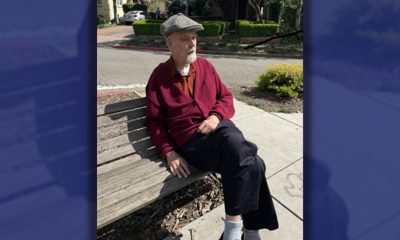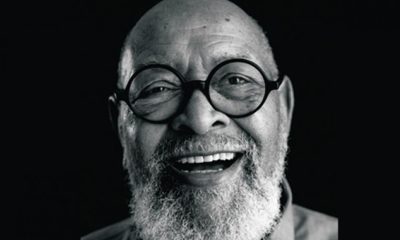Bay Area
What Oakland’s Homeless Audit Says About Evictions, Policing, and Fire
Although the audit was vast in its analysis, this guide attempts to outline key points from the audit related only to evictions and hygiene services, police response and costs, and fire department response and costs.
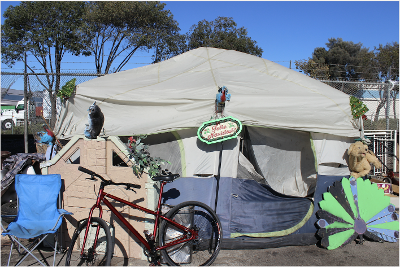
On April 14, Oakland’s City Auditor Courtney Ruby released an audit of the city’s homeless encampment management interventions and activities for the fiscal years 2018-19 and 2019-2020. The 95-page report includes data and estimations about interventions, populations, costs, and availability of services related to homeless people and their communities.
Claiming that the city “lacked an effective strategy…and did not provide sufficient policy direction or adequate funding,” Ruby also included recommendations for better addressing homeless communities. Although the audit was vast in its analysis, this guide attempts to outline key points from the audit related only to evictions and hygiene services, police response and costs, and fire department response and costs.
Evictions and hygiene services
The audit’s data on evictions and hygiene services is limited to the 2018-19 fiscal year and the first eight months of the 2019-20 fiscal year, when the city suspended most homeless evictions and cleaning interventions due to the COVID-19 pandemic in March 2020. During this timeframe, the city evicted 181 homeless communities. Of these evictions, 123, or about two-thirds of the total, were classified as “re-closures,” which the report defined as occurring “when homeless individuals return to a previously closed [homeless community].” In the fiscal year 2018-19, about 60% of evictions were re-closures. From July 2019 through February 2020, this ratio increased, and about 77% of evictions were re-closures.
The audit reports 1,599 interventions classified as “hygiene and garbage services,” and defines such interventions as “providing portable toilets, hand-washing stations, regular garbage service, and/or traffic barriers.” For each of these services performed per homeless community, the audit counts one intervention. These interventions are lumped together and lack individual data, meaning that the audit did not report precise data on how often the city provided trash pick-up to homeless communities.
The audit reports that the city increased its hygiene and garbage interventions. From 2018-19, the city provided 797 such interventions, or about 66 per month. During the first eight months of 2019-2020, the city performed 802 such interventions, or about 100 per month. After March 2020, in response to COVID-19, the audit claims the city increased the number of homeless communities that receive hygiene interventions from 20 to 40, but the vast majority of homeless communities in Oakland still do not get hygiene and/or trash services with any regularity. The audit estimates that there are at least 140 homeless communities in Oakland but acknowledges “that this estimate may be conservative.”
Police response and costs
Data recorded in the audit shows police response to 911 calls in homeless communities was not timely. While over 99% of 911 calls were classified as “Priority 2,” which the audit claims “ideally should be responded to in 10 to 15 minutes,” data provided by OPD showed the median police response time to Priority 2 calls was two hours in 2018-19, while the mean response time was four hours. In 2019-20, response time slowed by about 50%, with the median response time being about three hours, while the mean response time was about six hours. Data OPD listed related to response time range show the department took over two days to respond to at least one 911 call in 2018-19 and over six days to respond to at least one other 911 call in 2019-20. Although OPD recorded 1,458 calls to homeless communities during the two years of the audit, the audit only analyzed 988 of these calls, claiming that “response data was incomplete” for 470 calls.
The audit records OPD using about $3.1 million in costs associated with homeless communities. But that $3.1 million does not include an accurate account of overtime pay. OPD only started recording overtime pay related to homeless communities in February 2020, just before the frequency of interventions, notably evictions, declined dramatically.
About $1.7 million, a slim majority of OPD’s recorded costs related to homeless communities, are recorded as labor costs that went to the three members of The Homeless Outreach Team. The Homeless Outreach Team consists of one sergeant and two officers who dedicate 100% of their time to homeless community work.
The Abandoned Auto Unit incurred over $800,000 in labor costs to provide support at moderate to large homeless community evictions. They were responsible for “traffic control and tagging and towing vehicles at [homeless communities] when necessary.” About $600,000 went to labor costs incurred by Patrol staff responding to 911 calls.
Fire Department response and costs
The audit reports that The Oakland Fire Department responded to 988 fires in homeless communities in 2018-19 and 2019-20, which is more than one a day. The data recorded shows that the OFD response times for such fires were timely, arriving in just over seven minutes and 50 seconds to over 90% of calls. Such responses were slightly faster than responses to non-homeless community related calls, which, in 90% of cases, OFD responded to in about eight minutes and 10 seconds. OFD has recorded no injuries to firefighters fighting fires at homeless communities. One homeless resident died in 2020 as a direct result of a fire. The audit did not record fire-related injuries to homeless people or their lost possessions.
OFD-related costs accounted for an estimated $1.8 million in funds related to homeless communities in 2018-19 and 2019-2020. About $676,000 went to “fire prevention labor,” which includes labor costs associated with fire hazard inspections, investigations related to fires, and removal of hazardous waste. Over $ million went to both labor and equipment costs related to “fire suppression.” Fire suppression costs include costs related to fighting fires and rescue activities. OFD costs related to homeless communities rose over 40% from 2018-19 to 2019-20 while total fires at homeless communities increased about 17% over these years.
Bay Area
Faces Around the Bay: Jim Brosnahan, Esq.
James J. Brosnahan, ESQ, an international trial lawyer and trial advocacy teacher, has remained unshaken in his fervent belief in the power of the law to right injustices. Brosnahan has fought to open the legal profession to those previously excluded and worked to provide lawyers to the millions who go without.
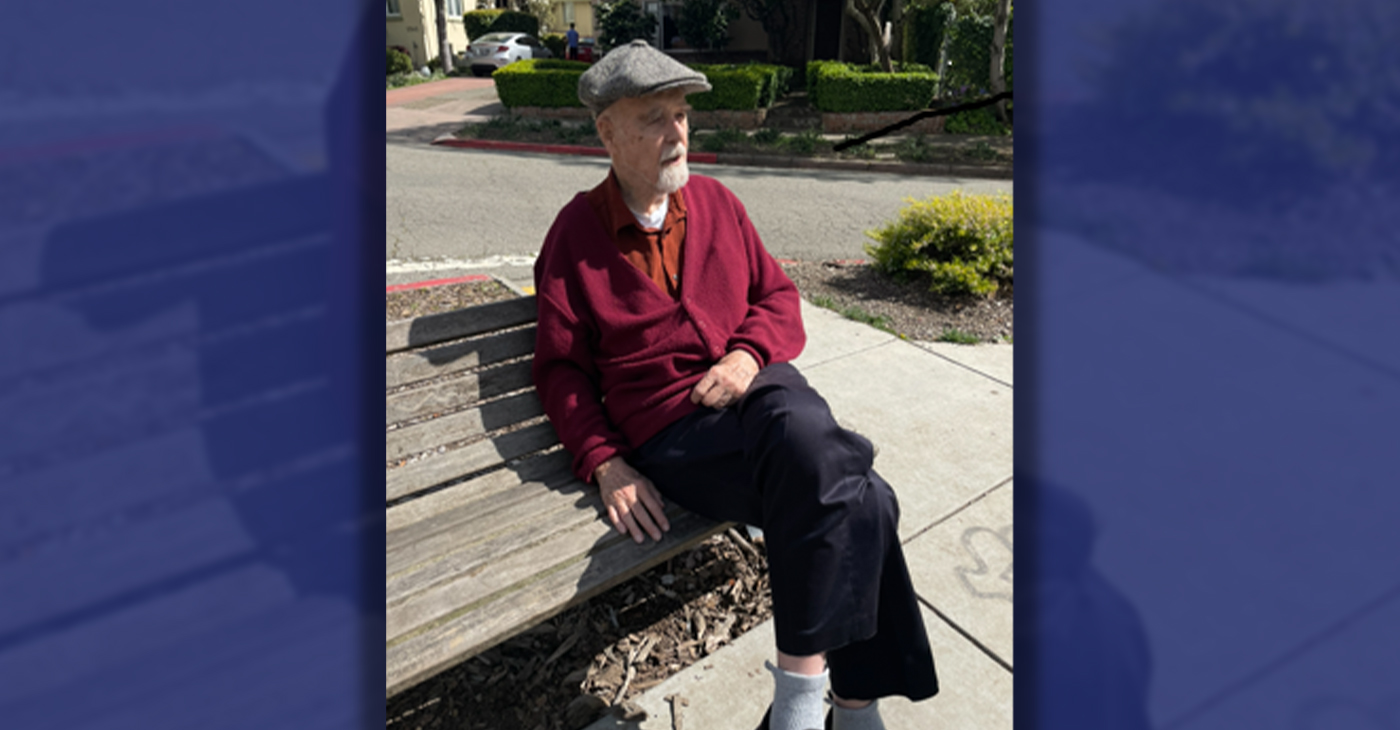
By Barbara Fluhrer
James J. Brosnahan, ESQ, an international trial lawyer and trial advocacy teacher, has remained unshaken in his fervent belief in the power of the law to right injustices.
Brosnahan has fought to open the legal profession to those previously excluded and worked to provide lawyers to the millions who go without. He has argued for the administrators of justice to represent the whole community. He’s tried 150 cases to conclusion and is ranked among the top 30 trial lawyers in the U.S. (Legal 500 US). He’s been called “scrappy,” “a lion in the courtroom,” and “ultra- liberal.”
One of his earliest cases (1962) involved two Navajo children shot by a White man on a reservation in Arizona. “The legal system needed to work as well for Native Americans as for White people,” he said. “The defendant was found guilty of second-degree murder.”
In 1963, U.S. Attorney Cecil Poole hired him as U.S. Attorney from a list of 200 applicants.
He and Poole, as federal observers, led the Vietnam protesters as they marched. The purpose: to avoid violence.
“Poole taught me preventative law in a chaotic situation and became one of my strongest mentors,” remembers Brosnahan.
In 1964, Brosnahan served on the NAACP’s Housing Committee in S.F., when 70% of the city’s housing was not available to Blacks. They sued racial discriminators, fought for reform and opposed the displacement of minorities in the Western Addition. They won and they lost, but they became the racial conscience of San Francisco in the fight for fair housing.
In 1969, two Black community workers in Oakland were indicted for stealing federal money.
“My two clients were activists in Oakland. I believed there was an element of racism running through Washington’s decision to indict two Black men who worked every day to help the poor,” he said.
The case was eventually dismissed. In the early 70s, he responded to a subpoena and testified against Judge Rehnquists’ confirmation hearing for the Supreme Court. He had witnessed Rehnquist obstructing voting at a polling place. Amid threats on his life, he was the chief defense lawyer for the American who joined the Taliban in 2002.
Brosnahan, his wife Carol and three children moved from S.F. to Berkeley in 1964, in part, to participate in the Berkeley school integration program. She is a retired Alameda County Superior Court judge.
Brosnahan, 90, checks in to his San Francisco firm, Morrison & Foerster often. He paints, reads, walks a mile a day, journals, and lectures, while writing another book: “Cultural History of Trials over the Centuries.”
His last book “Justice at Trial,” published in 2023, details his life and battles.
He reflects, “Over my career I have come to realize that one secret for enriching your own life is trying to help others. What better way to do that than to represent them in court.”
Activism
Obituary: Social Justice Leader, the Rev. Cecil Williams, Passes at 94
On April 22, community leader and social justice advocate Reverend Cecil Williams died at his home in San Francisco surrounded by his loved ones, according to his family. He was 94 years old.
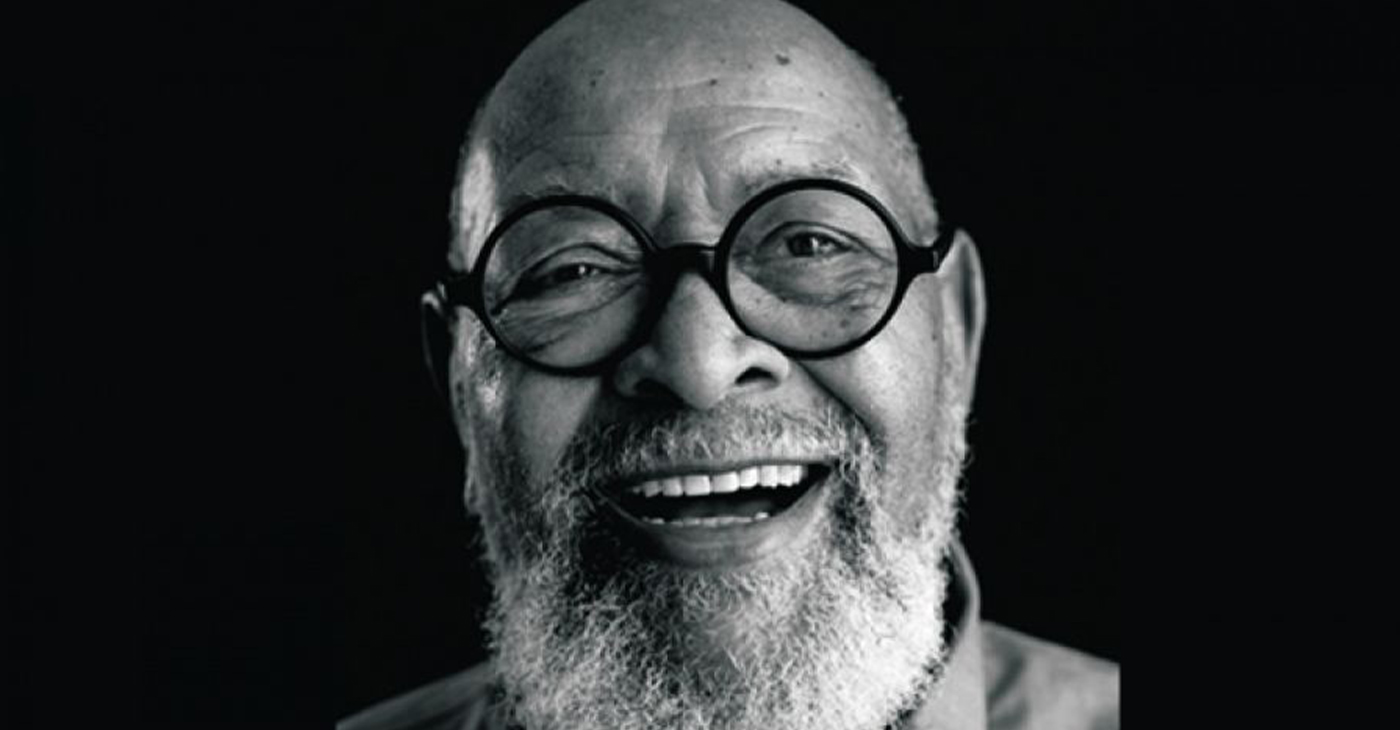
By California Black Media
On April 22, community leader and social justice advocate Reverend Cecil Williams died at his home in San Francisco surrounded by his loved ones, according to his family.
He was 94 years old.
The reverend was a civil rights leader who advocated for the equal rights of lesbian, gay, bisexual, transgender, and queer people in the Bay Area.
Williams was the head pastor of the non-denominational GLIDE Memorial United Methodist Church. The church welcomed individuals from the queer community and people struggling with homelessness, housing instability and substance use disorder (SUD).
Through his work, Rev. Williams attracted national attention. Prominent political and cultural leaders such as Maya Angelou, Bono, Oprah Winfrey, and Bill Clinton all attended church services at Glide.
Congressmember Barbara Lee (D-CA-12) said she is deeply saddened about the passing of her dear friend.
“The Reverend changed the lives of millions through radical love, support, inclusivity, and a commitment to service to the most marginalized,” Lee said.
Gov. Gavin Newsom said that the reverend inspired people across California to embody the values of generosity and acceptance.
Rev. Williams was, “a visionary leader whose legendary compassion and love for his community transformed the lives of people from all walks of life,” Newsom said.
Rev. Williams served as the chief executive officer of the Glide Foundation until his retirement in 2023.
Activism
Oakland Post: Week of May 1 – 7, 2024
The printed Weekly Edition of the Oakland Post: Week of May 1 – 7, 2024

To enlarge your view of this issue, use the slider, magnifying glass icon or full page icon in the lower right corner of the browser window. ![]()
-

 Community2 weeks ago
Community2 weeks agoFinancial Assistance Bill for Descendants of Enslaved Persons to Help Them Purchase, Own, or Maintain a Home
-

 Activism4 weeks ago
Activism4 weeks agoOakland Post: Week of April 3 – 6, 2024
-

 Business2 weeks ago
Business2 weeks agoV.P. Kamala Harris: Americans With Criminal Records Will Soon Be Eligible for SBA Loans
-

 Community2 weeks ago
Community2 weeks agoAG Bonta Says Oakland School Leaders Should Comply with State Laws to Avoid ‘Disparate Harm’ When Closing or Merging Schools
-

 Activism3 weeks ago
Activism3 weeks agoOakland Post: Week of April 10 – 16, 2024
-

 Community2 weeks ago
Community2 weeks agoOakland WNBA Player to be Inducted Into Hall of Fame
-

 Community2 weeks ago
Community2 weeks agoRichmond Nonprofit Helps Ex-Felons Get Back on Their Feet
-

 Community2 weeks ago
Community2 weeks agoRPAL to Rename Technology Center for Retired Police Captain Arthur Lee Johnson

